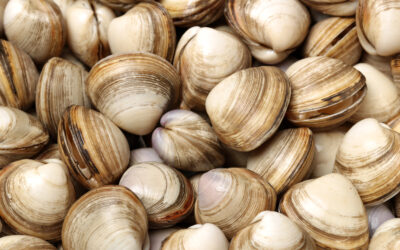The term “soccer” might sound American, but it actually originated in England! The word comes from a meme-like abbreviation of “association football”, which was used to distinguish it from “rugby football” in the late 19th century. In England, where both sports were popular, it became common for young men to add “-er” to shortened versions of words (for instance, “brekker” was slang for breakfast) giving us “rugger” for rugby and “soccer” for association football.
In the early days, “soccer” and “football” were used interchangeably in the UK, with “soccer” being widely accepted. However, as association football grew more dominant, especially in Europe, the term “football” gradually became the preferred name. Meanwhile, in countries like the United States, Canada, and Australia, where other forms of football (like American or Australian football) were more popular, the word “soccer” stuck to avoid confusion.
Even though the word originated in England, it fell out of favor there over time, becoming seen as more “American.” Today, the term “soccer” is primarily used in the U.S. and a few other countries, while most of the world refers to the game as “football.”
What’s especially interesting is how cultural perceptions of the word have shifted. In England, where the term was born, “soccer” is now seen as somewhat alien or outdated. Yet, across the Atlantic and in several other parts of the world, it’s perfectly normal to call the sport soccer. So, while it might seem like a modern Americanism, “soccer” is actually an old-school English term with roots in 19th-century British meme-ry!
Related Articles
The Psychology of Procrastination: Why We Delay and How to Beat It
Procrastination is something we all do—whether it’s delaying a work project, putting off a workout, or ignoring that email that’s been sitting in your inbox for days. But why do we procrastinate,...
Why Whales Sing: Unlocking the Mystery of Their Oceanic Serenades
The eerie, haunting melodies of whales are among the ocean’s most fascinating mysteries. But why do whales sing? Are they communicating, navigating, or perhaps even expressing emotions? Scientists...
The Incredible Tale of Ming, the 500-Year-Old Clam
In the chilly waters off the coast of Iceland, scientists discovered an extraordinary time capsule of nature: a quahog clam that had lived for more than five centuries! Nicknamed Ming, this clam was...





